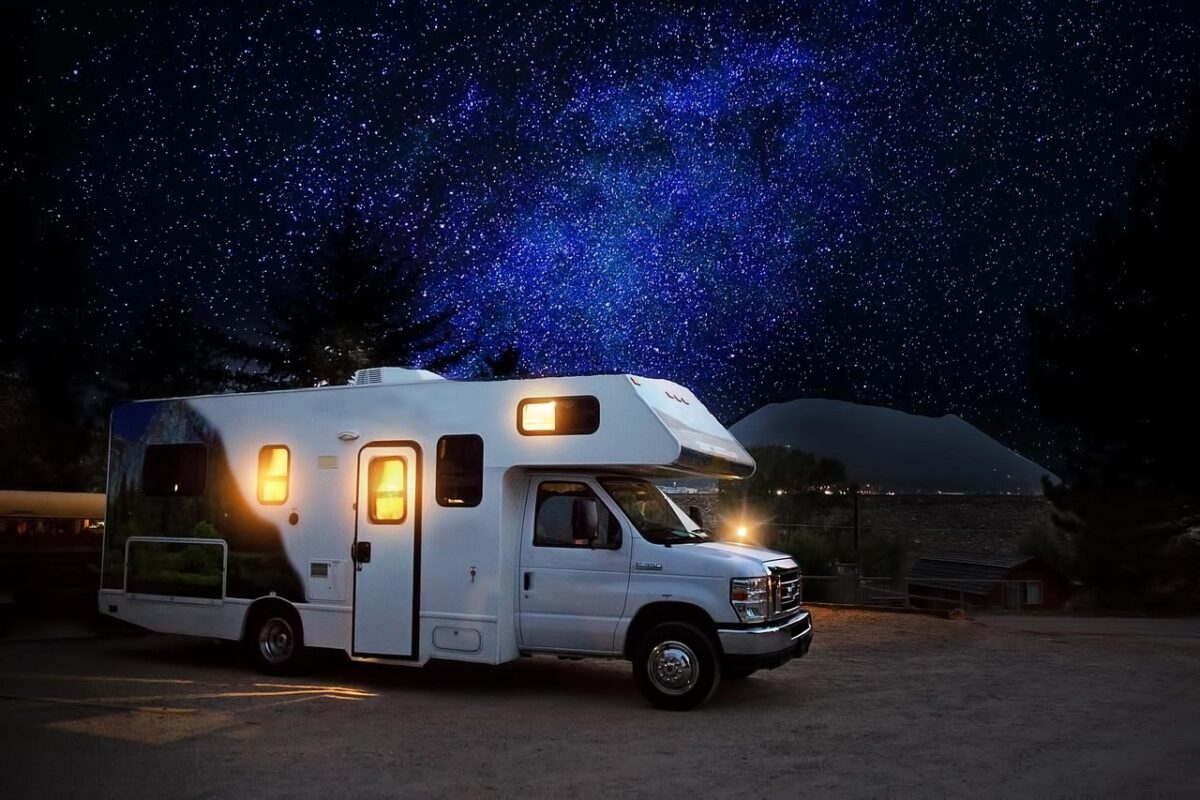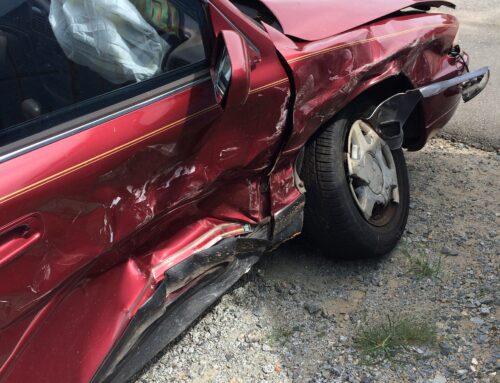Florida’s sunny weather and scenic parks make it a top destination for seasonal residents and RV enthusiasts. But if you’re a “snowbird” or part-time Floridian traveling with a recreational vehicle, a common question arises: Do you need to register and insure recreational vehicles in Florida if you only live here part of the year?
The short answer is: It depends. Florida law has specific requirements based on your residency status, how long you stay, and how the RV is used. Let’s break down what seasonal residents need to know about registering and insuring their RV in the Sunshine State.

Understanding Residency and Registration Requirements
Florida law defines a resident as anyone who lives in the state for more than six consecutive months or claims Florida as their primary home. However, even if you’re not a full-time resident, certain conditions may still require you to register and insure your RV in Florida.
You may be required to register your RV in Florida if:
- You reside in Florida for more than 90 consecutive days.
- You rent or own a Florida property and keep the RV there seasonally.
- You enroll children in a Florida school (which implies residency).
- You apply for a Florida driver’s license or file for a homestead exemption.
In these cases, the state may consider you a seasonal or temporary resident, which still obligates you to meet certain registration and insurance requirements.
How are Recreational Vehicles Defined?
In Florida, a recreational vehicle (RV) includes motorhomes, campers, travel trailers, fifth wheels, and similar vehicles designed for temporary living quarters. These can be self-propelled or towed, but all are subject to specific regulations if operated or parked long-term in Florida.
Insurance Requirements for RVs in Florida
If you register your RV in Florida, you must carry the minimum required insurance, which is $10,000 in Personal Injury Protection (PIP) and $10,000 in Property Damage Liability (PDL).
However, if your RV is driven (not towed), it’s considered a motor vehicle and must carry the same auto insurance coverage as a car. For towed RVs like travel trailers or fifth wheels, coverage may be provided under your auto insurance policy, but additional protection is strongly recommended.
Optional but important coverage includes:
- Comprehensive and collision coverage
- RV roadside assistance
- Personal belongings coverage (especially if you store valuables inside the RV)
- Full-time RV insurance if you live in the RV most of the year
For seasonal residents, some insurance companies offer storage-only coverage for months when the RV is not in use, potentially saving money during off-seasons.
What If You’re Insured in Another State?
Many seasonal residents wonder if they can keep their out-of-state insurance. If your RV is registered in another state and you’re visiting Florida for less than 90 days, you’re generally not required to register or re-insure it here. However, the moment your stay exceeds that threshold, or you begin taking steps that suggest Florida is your primary residence, state law may require compliance with Florida’s registration and insurance mandates.
Additionally, some RV parks or campgrounds may require proof of Florida insurance and registration, regardless of how long you plan to stay. Always check local policies.
Let Anderson Insurance Group Help You Navigate Coverage for Recreational Vehicles
Whether you’re a full-time Floridian or a snowbird visiting for the season, Anderson & Associates Insurance Group can help you find the right coverage for your recreational vehicle. Our experienced agents understand the unique needs of part-time residents and can tailor a policy that meets Florida requirements while protecting your investment.
Let us simplify the process—so you can focus on enjoying your time on the road or relaxing under the Florida sun. Contact us today for a free, no-obligation RV insurance quote.
Disclaimer: This article is for informational purposes only and does not constitute legal or insurance advice. Requirements may vary by location and individual circumstance. Please consult with a licensed insurance agent or the Florida Department of Highway Safety and Motor Vehicles (FLHSMV) for the most current regulations.









